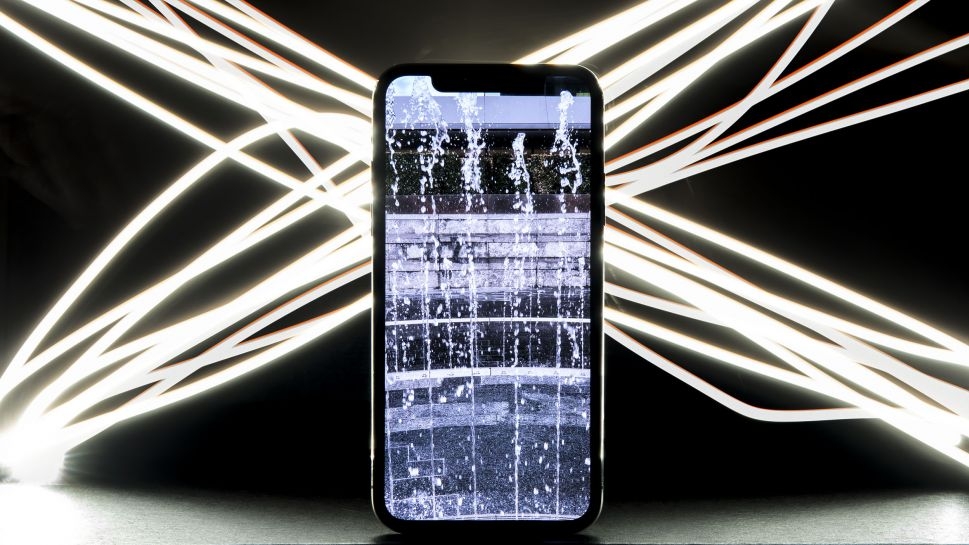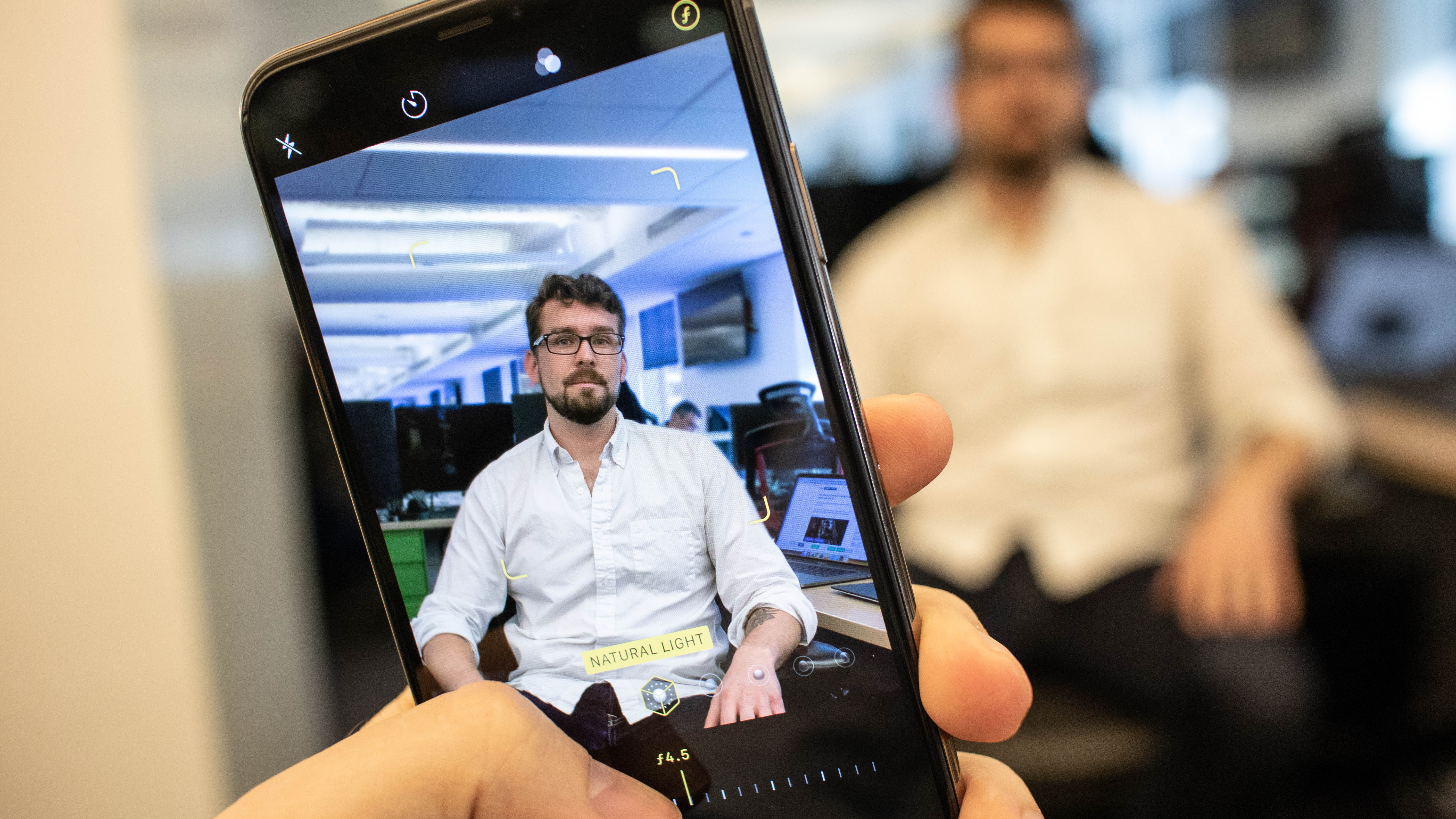iPhone 11 may get a triple-lens camera, but not iPhone 12's laser 3D camera
Apple's augmented reality push will reportedly employ lasers in 2020

Apple's iPhone 11 may have a triple-lens rear camera, but it's the iPhone 12 that will include space-sensing laser-powered 3D snappers, according to a new report today.
A scoop by Bloomberg focuses on the rear cameras for the 2019 iPhones, which we're calling the iPhone 11 and iPhone 11 Max today.
The triple-lens camera is said to add the ability to take wide-angle photos and videos, something that the Huawei Mate 20 Pro and LG V40 can do, but not an iPhone.
The iPhone 11 Max seems destined to get the triple-lens rear camera first, while the standard iPhone and iPhone XR may get the three-camera hardware "eventually."
More camera tricks await, apparently. An increased pixel count may lead to software that can repair a video or photo if the intended subject gets cut out of the frame.
Other iPhone 11 upgrades planned
Live Photos, first introduced with the iPhone 6S in 2015, could get its first upgrade in four years. Instead of capturing motion three seconds before and after a photo is taken, Apple's plans are said to be double this, bumping it up to six seconds.

Today's report also weighs in on the on-again, off-again rumor that the iPhone 11 will include USB-C instead of the traditional Lightning connector. Apparently, Apple is testing some versions of this year's iPhone with a USB-C port.
Get daily insight, inspiration and deals in your inbox
Sign up for breaking news, reviews, opinion, top tech deals, and more.
We've seen alleged iPhone 11 prototypes claiming that Lightning is staying put and others indicating that USB-C will be the new charging method. It sounds like Apple isn't even sure yet.
No-brainer upgrades are said to be coming to Apple's processor, likely the A13 chip, and Face ID sensor. The iPad Pro 2018, you may recall, got an upgraded Face ID camera.
iPhone 12 with laser-powered 3D camera?
It's never too early to begin talking about the 2020 iPhone, or what we're calling the iPhone 12 for now. It's destined to include some nifty new technology, too.
Apple is said to be bringing its 3D camera technology to the rear-facing camera, but unlike the TrueDepth camera's dotmatrix projection technology, it'll use a laser scanner.
The iPhone 12's laser-powered 3D snapper would be able to work up to 15 feet away, whereas a dotmatrix projection works at distances of 25 to 50cm, suitable for Face ID.
Apple may have more ambitious augmented reality (AR) plans in 2020, with talk of more accurate depth perception and placement of virtual objects in today's report.

Where will Apple's 3D laser camera land first?
Apple's laser-powered 3D camera was destined for the iPhone 11, say Bloomberg's sources, but the tech was delayed. Expect a triple-lens camera this year sans lasers.
However, we could see the idea in an iPad Pro a bit earlier than the iPhone 12. The report suggests that the next iPad Pro could debut in the early part of 2020.
Apple tends to wait a little longer than a year to refresh its iPad Pro line. The iPad Pro 11 and iPad Pro 12.9 launched last November, so the timing on this rumor makes sense, and it means you shouldn't expect a new iPad Pro in 2019.
iOS 13 and a new cheap iPad
The iPad Pro 2020, iPhone 11 and iPhone 12 release dates are far off. Next on Apple's product launch timeline is a cheap iPad and the iOS 13 software update.
The lower-cost iPad, with a "roughly 10-inch screen" and faster chipset, will launch in early 2019, according to Bloomberg. Think: March or April like usual. It'll retain the Lightning port and may launch alongside a new iPad mini – the first since 2015.
The report also circles back to previous iOS 13 rumors that speculate a dark mode option for easier nighttime viewing, Files app UI tweaks, tabs for a multiple versions of a single app, and a revamped home screen – finally.
You can expect the iOS 13 update to be unveiled at its usual venue: WWDC 2019 in early June.
